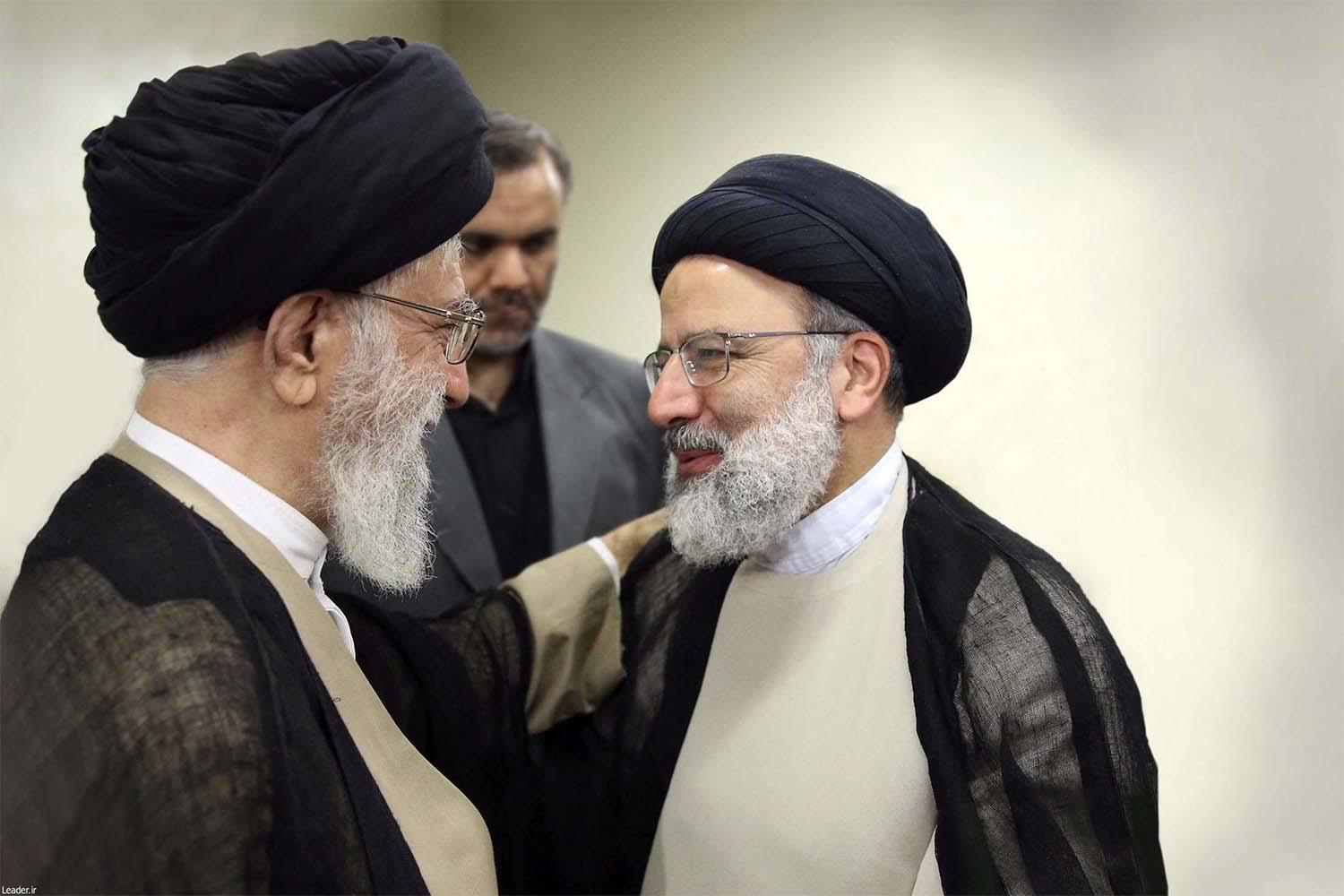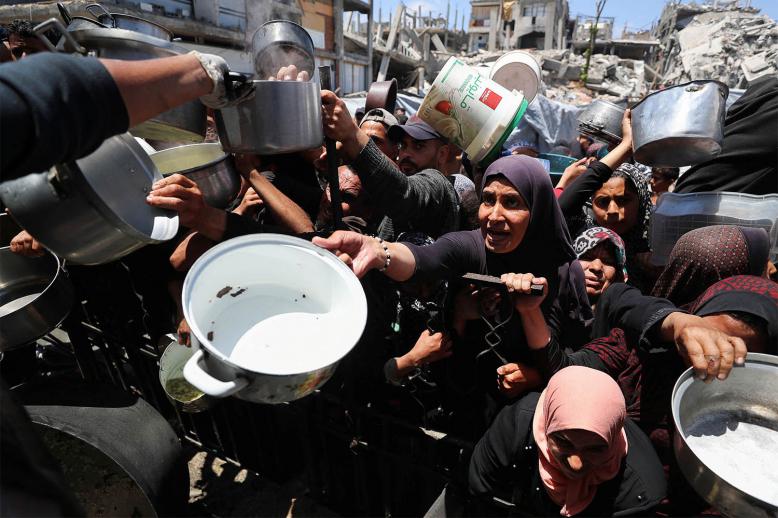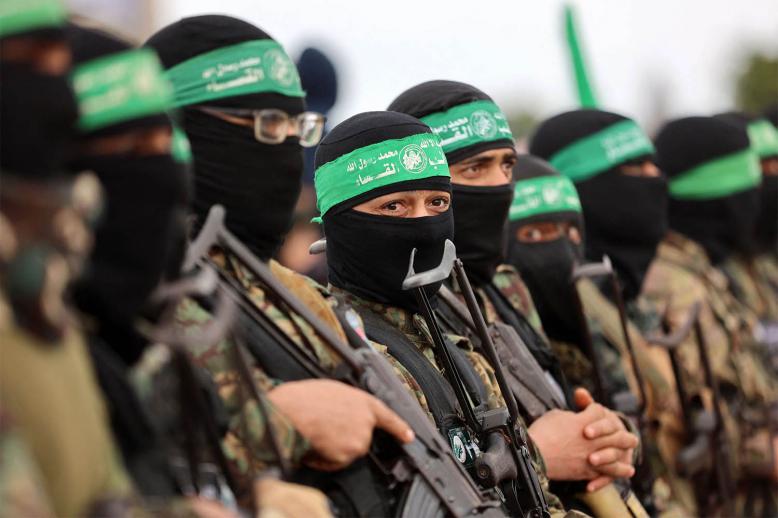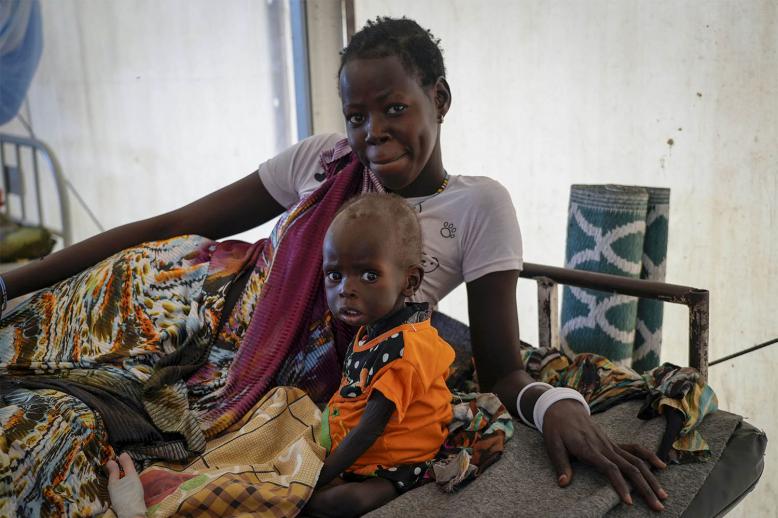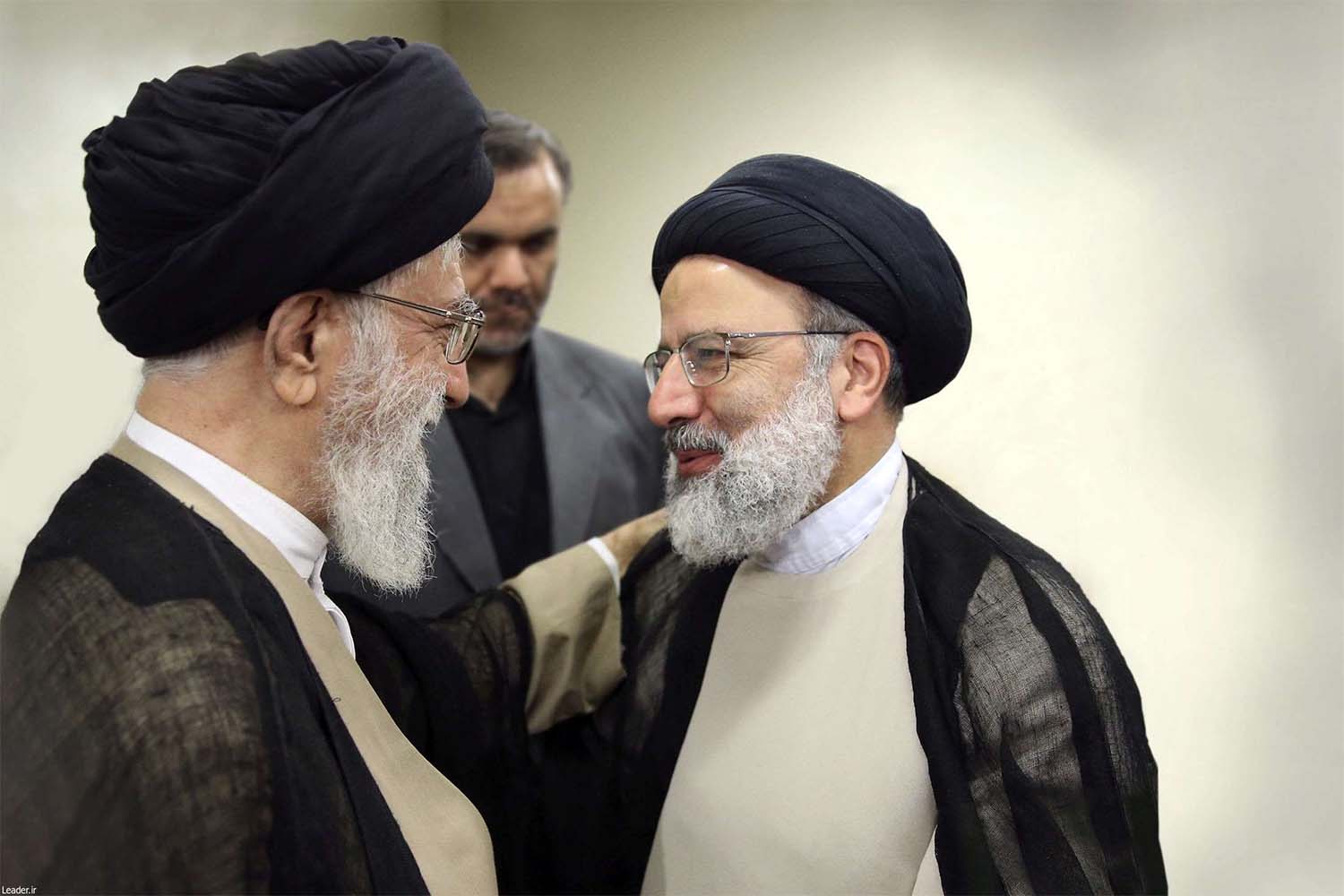Khamenei backs hardliner Raisi in presidential vote
DUBAI - Supreme Leader Ayatollah Ali Khamenei on Thursday endorsed the rejection of heavyweight moderate and conservative candidates for Iran's June presidential election, in which two leading hardliners fiercely loyal to him will stand against each other.
The Guardian Council, a hardline vetting body that approves candidates, has qualified just seven of the 590 candidates for the June 18 election, including hardline judiciary chief Ebrahim Raisi and former nuclear negotiator Saeed Jalili.
"The honourable Guardian Council, in accordance with its duty, did what it had to do and what it deemed necessary to do and identified the candidates," Khamenei said, according to state television.
With the removal of prominent moderate and conservative figures, voters will have a choice only between hardliners and little-known conservatives in the election, in which many Iranians have already said they will not vote amid rising anger over economic hardship and curbs on personal freedoms.
Several Iranian clerics and politicians, including the grandson of the Islamic Republic's late founder, Ayatollah Ruhollah Khomeini, have criticised the disqualifications on social media.
But Khamenei's comments appeared to kill off any hopes for reinstatement of candidates. In the 2005 presidential election, he ordered the Guardian Council to reinstate two candidates.
Those disqualified from running next month included Ali Larijani, a prominent moderate conservative who is a former parliament speaker and chief nuclear negotiator, and reformist First Vice-President Eshaq Jahangiri, an ally of outgoing President Hassan Rouhani.
Other candidates cleared for the June 18 vote are Mohsen Rezaee, former top commander of the Revolutionary Guards; Amirhossein Ghazizadeh-Hashemi, a hardline lawmaker; Abdolnasser Hemmati, the pragmatist chief of Iran's Central Bank; Mohsen Mehralizadeh, a former provincial governor; and Alireza Zakani, a hardline former lawmaker.
Although the election will have scant impact on Iran’s foreign or nuclear policies, in which Khamenei already has the final say, a hardline president could strengthen the clerical supreme leader's hand at home.
Khamenei controls the judiciary, the security forces, public broadcasters and foundations that own much of the economy.
Low turnout looms
If Raisi wins the election, it could increase the mid-ranking Shiite cleric's chances of eventually succeeding Khamenei, who himself served two terms as president before becoming supreme leader upon Khomeini's 1989 death.
Rights groups have criticised Raisi, who lost to Rouhani in the 2017 election, for his role as a judge in the executions of thousands of political prisoners in 1988.
Another leading hardline candidate is Jalili, who lost his right leg in the 1980s when fighting for the elite Revolutionary Guards in the Iran-Iraq war.
A former deputy foreign minister, Jalili was appointed by Khamenei in 2013 to the Expediency Council, which is tasked with resolving conflicts between parliament and the Guardian Council.
The restricted election race may further dim the clerical establishment's hopes of a high turnout. Official opinion polls, including one conducted in May by Iran's state-run television, suggest turnout in the vote could be as low as 30%, significantly lower than in past elections.
Some prominent pro-reform politicians in Iran and activists abroad have called for a boycott of the election and the hashtag #NoToIslamicRepublic has been widely tweeted by Iranians inside and outside the country in the past weeks.
Khamenei called on Iranians to vote in the election.
"Dear nation of Iran, do not pay attention to those who promote (the idea) that voting is useless...The outcome of the election lasts for years...Participate in the elections."
The election comes at a time when Iran and six powers are involved in talks to revive their 2015 nuclear deal, which former U.S. President Donald Trump exited three years ago and reimposed sanctions that have crippled Iran's economy.
Raisi has backed the negotiations, saying his government's priority would be the lifting of U.S. sanctions.

